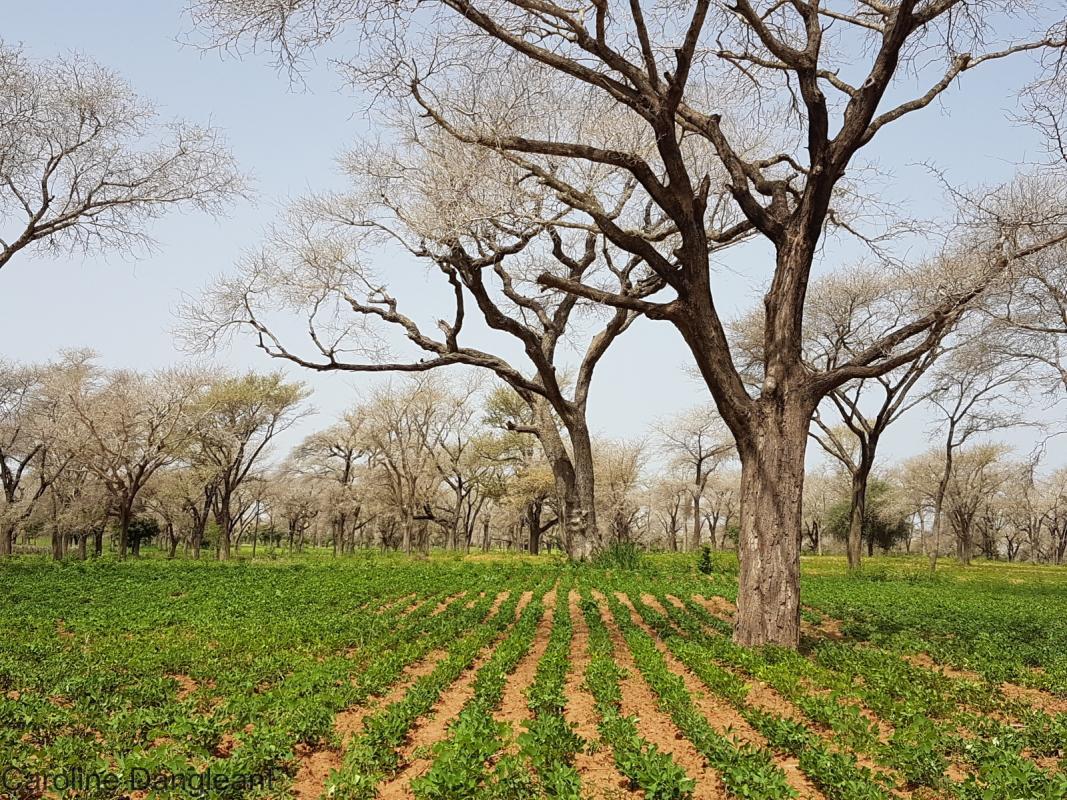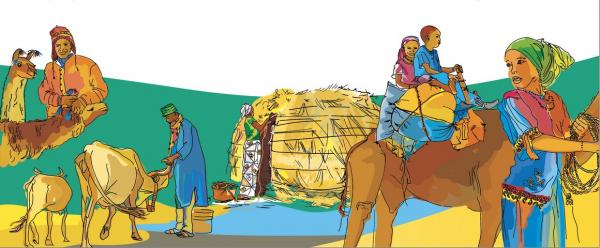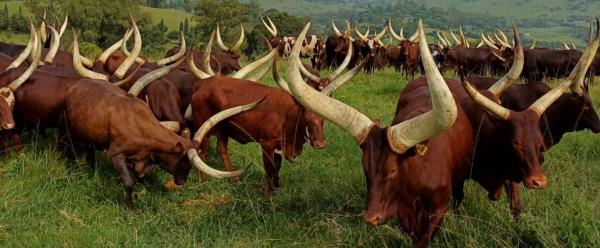Institutional news 4 February 2026
- Home
- CIRAD news
- News
- CIRAD projects and EU DeSIRA programme
CIRAD's expertise is supporting the EU DeSIRA programme for farming systems that are more resilient to climate change

© CIRAD, C. Dangléant
As a leading European agricultural research for development player, CIRAD is involved in ten projects under the EU DeSIRA programme, ie almost half the projects chosen following the programme's first call for proposals. It is coordinating four to be conducted in several West African countries, starting in in 2020 and due to run for four to five years:
- BIOSTAR, which aims to develop sustainable bioenergies for small and medium-sized agrifood firms, using crop residues or processing waste, in Burkina Faso, Senegal and Ivory Coast;
- COCOA4FUTURE, which aims to make cocoa farms in Ivory Coast and Ghana less vulnerable, while preserving the environment and identifying levers for socioeconomic sustainability;
- FAIR, on agroecological intensification to boost the resilience of farmers in the Sahel (Burkina Faso, Mali, Niger, Senegal);
- and LIDISKI, on the surveillance and control of peste des petits ruminants and Newcastle disease through smart technology development, in rural zones exposed to food insecurity in Nigeria.
The projects have been granted a total of 30 million euros of funding: from the EU, via the DeSIRA programme, and from the Agence française du développement (5 million), specifically for the BIOSTAR, COCOA4FUTURE and FAIR projects.
The projects will primarily target crop and livestock farmers, as beneficiaries, and will also involve specialists from various fields, as well as producers' organizations, NGOs, processors, consumers, etc.
The aims of the DeSIRA programme fit perfectly with those of CIRAD: to link research and development initiatives, boost innovation in crop and livestock farming, ensure a transition to sustainable agricultural and food systems, make those systems more resilient to the effects of climate change, and boost stakeholder capacity, including that of research organizations in the global South.
CIRAD will be associated with ten projects chosen following the DeSIRA programme's first call for proposals – including the four it is coordinating – alongside a dozen or so European scientific partners, several CGIAR centres and some twenty partners from the global South.
- ABEE, on building varietal breeding capacity and networks for crops resilient to climate change in the Sahel;
- ACCEPT, on access to agro-pastoral resources against a backdrop of mobility and climate change, for livestock production in Chad;
- CASSECS, on carbon capture and greenhouse gas emissions in agro-silvo-pastoral ecosystems in Burkina Faso, Senegal and Niger;
- CLIMALOCA, on developing innovations for cocoa smallholders in Colombia, Ecuador and Peru, to reduce cadmium levels in cocoa;
- ZIMBABWE, on improving the livestock sector in terms of both animal health and livestock production in Zimbabwe;
- Innovation transfers to boost the productivity, profitability and sustainability of agrifood systems in Malawi.
The DeSIRA initiative
The DeSIRA initiative (Development-Smart Innovation through Research in Agriculture) was launched at the Paris One Planet Summit in December 2017. It is headed by the European CommissionDirectorate General for International Cooperation and Development (DG DEVCO) and is working with the Bill & Melinda Gates Foundation . The aim is to boost innovation in agriculture and changes in food systems in partner countries, to make them more resilient to the effects of climate change. It intends to strengthen research partnerships (Europe and the global South) and promote research in partnership with development players and impact-oriented research.



























